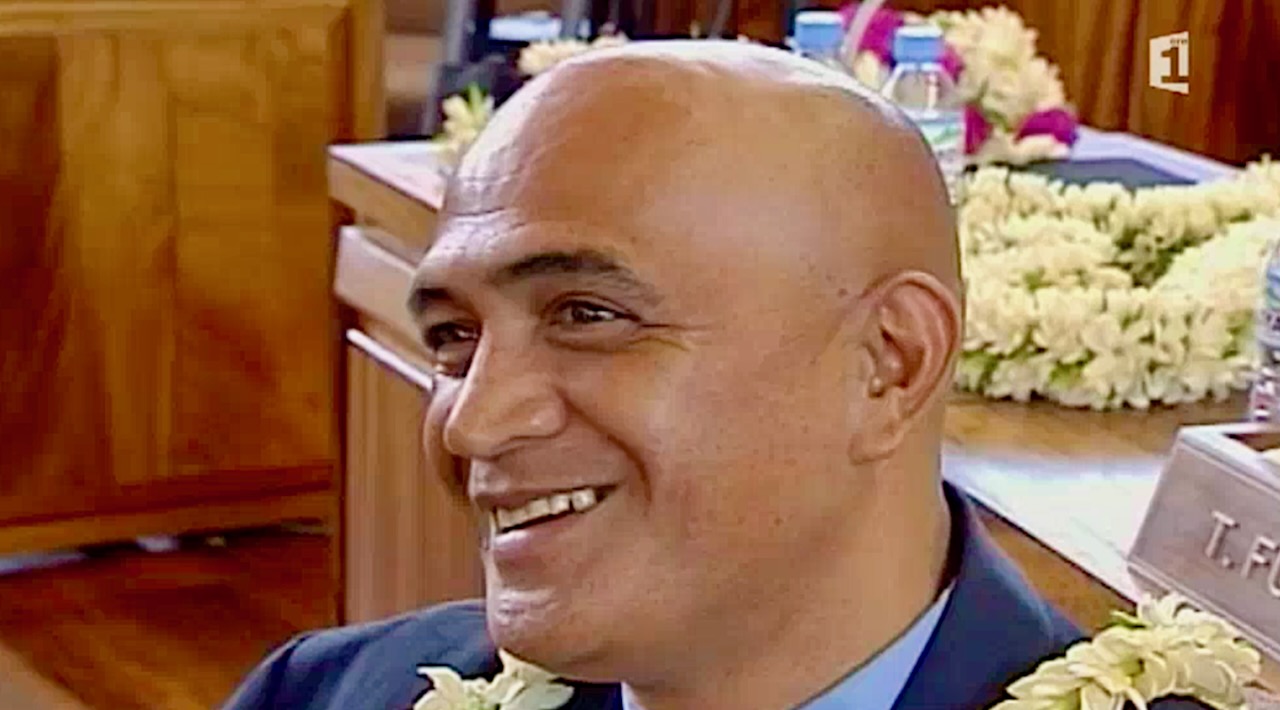In Memory of Lucien Roo Kimitete
Some people we meet leave an imprint that never fades.
Lucien was one of those.
This an homage to an incredible man who fought for his beloved Marquesas islands.
Lucien Roo Kimitete was born in 1952, in the valley of Hatiheu on Nuku Hiva.
From childhood he carried both song and spirit within him. He composed chants, joined church choirs, and soon became the leader of the Pakiu dance group.
Even then, his voice and his movements spoke not only of faith but of a deep love for the culture of his people.
Military service took him far away, to France, where he learned the craft of radio transmission. But the call of home was stronger. When he returned to the Marquesas, he joined civil aviation, as the first head of the Ua Huka airport, then in 1979, of the Nuku Hiva airport.
Public life soon opened before him. In 1983, he joined the mayor’s team. And when the mayor suddenly passed in 1992, it was Lucien who was chosen to carry the responsibility forward. But his role was more than political. Between 1987 and 1989 he worked to restore the sacred site of Temehea, and during the second Matavaa (Marquesas Arts Festival), he revived legends, publishing his own version of Hakamanu, the Bird Dance.
In 1993, with the same vision that had carried him since youth, he became the first to speak of the Marquesas Islands as worthy of UNESCO World Heritage status. He saw what few dared to imagine: the stones, valleys, and traditions of his homeland shining among the treasures of humanity.
Re-elected mayor in 1995, and elected to the Assembly of French Polynesia in 1996, his influence only grew. In June 2000 he was named an academician of Nuku Hiva. A year later, he began his second mandate as both mayor and assemblyman.
But in May 2002, in the midst of a legislative campaign, fate struck. The plane that carried him over the Tuamotu vanished into the ocean, with polititian Boris Léontieff and three others on board. No remnants of the plane were ever found.
Lucien Roo Kimitete’s story ended in mystery, but his spirit endures. He was more than a politician; he was a guardian of memory, a bearer of chants, a leader who saw the Marquesas not only as islands in the sea but as part of the heritage of the world.
Like the bird of the hakamanu rising into the sky, his vision still hovers over Te Henua Enana — the Land of Men — reminding his people to stand tall, to sing, and to dream beyond the horizon.
Photo credit: Polynésie 1ère

